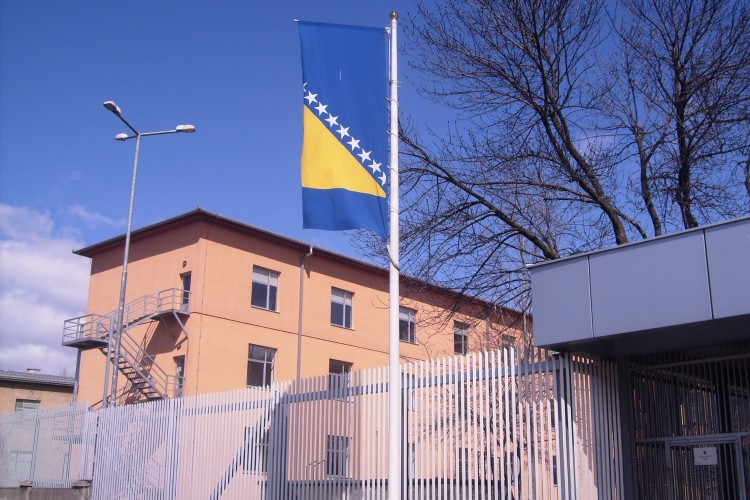 Migrants and expatriates have different treatment, depending on the country and society where they are accepted, and they are often on a low degree of integration in new living environments. many Bosnians and Herzegovinians left their homeland in war and in piece, but they integrated very well in the new countries.
Migrants and expatriates have different treatment, depending on the country and society where they are accepted, and they are often on a low degree of integration in new living environments. many Bosnians and Herzegovinians left their homeland in war and in piece, but they integrated very well in the new countries.
According to official data by the Ministry of Human Rights and Refugees of BiH, the largest migrations at the territory of BiH were recorded in the first half of 1990s. Those were forced migrations caused by war events, when more than a million residents escaped the country in the period from 1991 until 1995. A large number of immigrants continued living in the countries where they were accepted even after the war ended.
Second half of 1990s was marked with continuation of immigration, whether due to family merging or die to difficult economic situation in BiH. According to estimations by the UNDP, 92.000 young people left BiH in the period from January 1996 until March 2001.
Majority of refugees from BiH managed to formalize their status and improve their position in many host countries faster than many other migrant groups. Several studies show that several elements influenced their relatively good integration. Those are human capital, European origin and high presence of women on the job market, which increases income per households.
Moreover, several studies show that migrants from BiH are less discriminated and stigmatized in comparison with majority of non-Europe migrant groups. In more accurate words, migrants from BiH are longtime emigrants, relatively well-integrated.
Research conducted in 2010 shows that majority of immigrants from BiH manages to relatively quickly regulate their status in the host countries, on average already after 2.4 years of staying in the host country.
Status of immigrants from BiH is today largely solved through obtaining of citizenship, permanent or temporary staying permit, working and student visa. According to the Ministry, the number of naturalized citizens of BH who obtained citizenship of the host country (not counting Croatia and Serbia) amounts to almost 50.000 people.
In some countries, percentage of immigrants who solved their status by obtaining citizenship of the host country is very high, such as in Australia (95 percent) and Norway (89 percent). Majority of immigrants kept the citizenship of BiH, except in countries that require waiving the citizenship on birth (Austria and Germany).
In the period from January 1, 1998 until December 29, 2015, a total of 69.289 persons waived the citizenship of BiH, mostly in order to acquire the citizenship of Germany and Austria.
In some countries, immigrants from BiH are very well-integrated, for example in Norway, Austria and the USA.
In Norway, immigrants from BiH achieved a higher degree of economic, residential and educational integration than any other immigrant group. Although their income per household is lower than the income of domicile Norwegians, immigrants from BiH have bigger income that any other immigrant community in this country.
Immigrants from BiH have above-average employment rate in Austria – 85.1 percent for males and 73.5 percent for females – which is also the highest employment rate in comparison with the entire active population of Austria.
In the United States of America, immigrants from BiH often manage to improve their position and integrate better in a relatively short period of time. For example, indicators of fast integration of immigrants from BiH to the USA are evident if we compare data from the population census of 200 and 2001. Employment rate in 2000 amounted to 67.3 percent, while in 2011 it increased to 73.2 percent. At the same time, income per household increased from 33.268 USD to 57.470 USD, while the poverty rate decreased from 20.3 percent to eight percent.
All in all, immigrants from BiH in the Western countries have relatively high income per household on a monthly level – 3.400 EUR on average.
Majority of immigrants from BiH are economically active and employed, including women, and primary sectors in which they work are construction, services, tourism and production sector.
(Source: klix.ba)
















